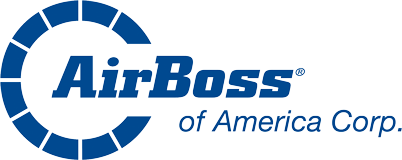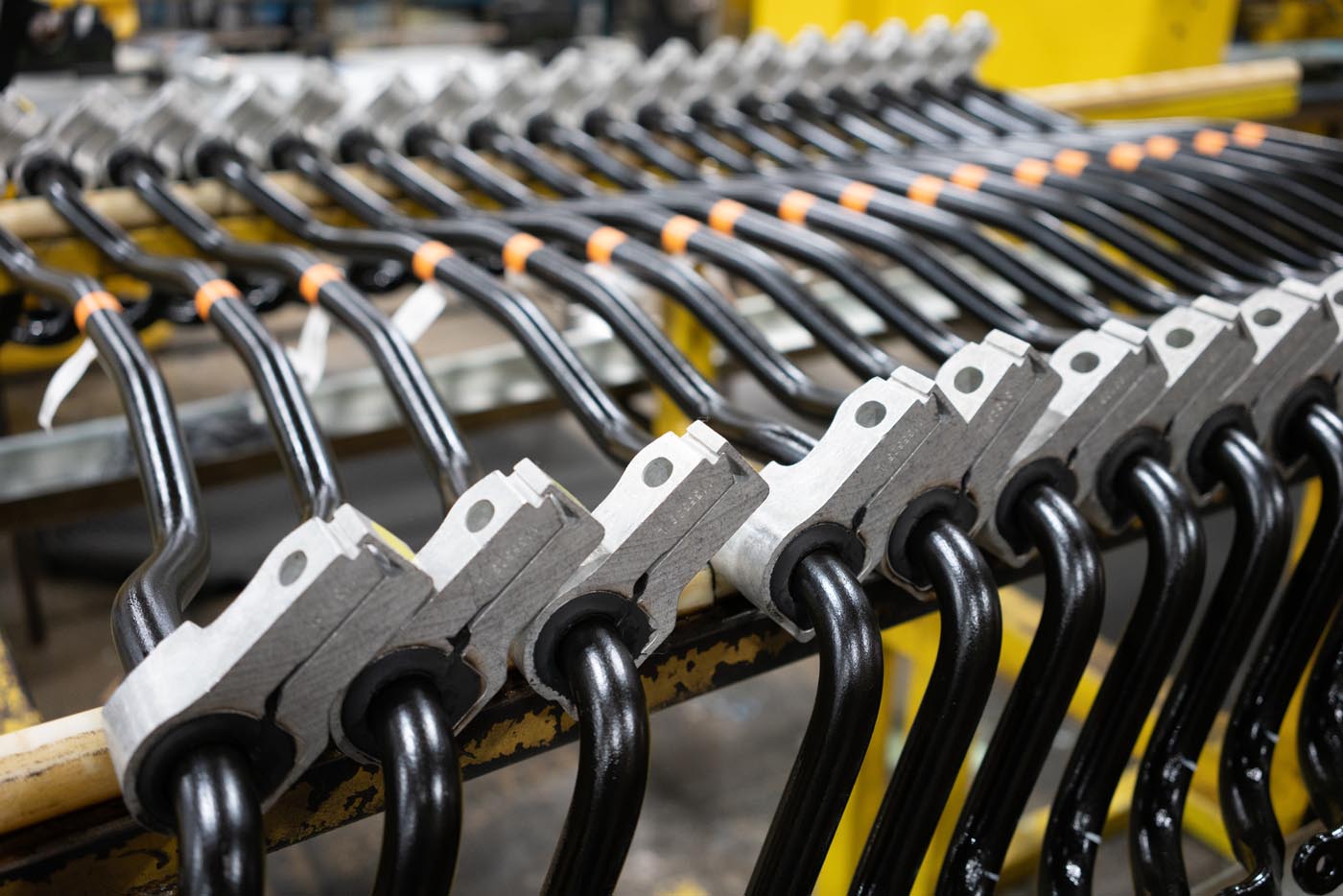Deloitte forecasts substantial growth in the electric vehicle (EV) market over the next 10 years, projecting growth for total EV sales from 2.5 million in 2020 to 11.2 million in 2025, followed by an impressive 31.1 million by 2030. They also note that EVs are set to secure a full 32% of total market share for new car sales in that timeframe.
This would seem to put leading EV original equipment manufacturers (OEMs) like Tesla or BMW at the forefront of investor attention, but as it turns out, electric vehicle component suppliers may have a bigger role to play.
Why Component Makers Deserve Attention
While OEMs have traditionally reigned supreme in the gasoline-powered vehicle space, EVs are changing the game.
Consumer appetite for EVs is on the rise. A full 70% of American drivers report interest in purchasing EVs in the near future. While costs and choice are still top concerns for buyers, these factors are slowly being addressed as global supply chains evolve to better support EV production. On that score, component suppliers for EVs have a bigger role to play than ever before – a role that possibly even outstrips those of the manufacturers themselves.
The EV market is still in its infancy, allowing rapid growth of new technologies to support EV development. We’re seeing EVs become more complicated, requiring more component parts to support the electric, connected features that consumers demand.
The need for these components is part of a larger digital transformation affecting the transportation industry; with so many more electrical components, computer chips, and types of circuitry to produce, the increased role of EV component suppliers becomes obvious.
But these suppliers don’t exist in a vacuum, and to facilitate this growth, both OEMs and suppliers need careful coordination of their processes, starting with their supply chains.
The Critical Role of Supply Chain Operations for EV Production
As EV manufacturers broaden their horizons and source more electrical components from OEMs across the world, the efficiency of supply chains will be a top concern. This is partly related to cost-cutting measures as cost of ownership is still a primary sticking point for EV adoption. Companies will need to explore different measures that allow them to provide affordable solutions to consumers while maintaining their margins.
But supply chain optimization takes many forms, depending on the goals of the company in question.
Many assume that supply chain improvement involves cost slashing measures (like offshore outsourcing) as a matter of course, but this isn’t necessarily the case. Global outsourcing to low-cost manufacturers might seem like a desirable way to reduce supply chain costs and reduce cost barriers for EV purchases, however, companies need to consider what they’re giving up in exchange for these cost benefits.
In most cases, offshore outsourcing represents a loss of control and an inherent lack of support for local communities that may have benefited economically from the production.
At AirBoss of America Corp., we strongly believe that manufacturing success isn’t just about cutting costs; it’s about tying social responsibility to economic impacts in a way that benefits both manufacturers and the local communities in which they live.
The AirBoss Manufacturing Approach
We aim to support manufacturing locally, regionally, and nationally by prioritizing local manufacturers across the United States and Canada. As one of North America’s largest custom rubber compounding companies, we do substantial work across the automotive, heavy commercial, construction and infrastructure, oil & gas, and defense industries, giving us unique insight into how supply chain management affects communities in many different areas.
By keeping manufacturing processes local, we maintain expertise and oversight of all processes – not just for product quality, but for the environmental protection goals that drive our business. While others in the EV supply chain may outsource to low-cost manufacturers on other continents, we understand the benefits of local manufacturing for product quality and environmental stewardship.
And by keeping things here at home, we’re able to guarantee that all manufacturing processes for EV tires, belts, insulation materials, and anti-vibration rubber products are made with care. In our view, this push for quality is a big reason why OEMs are losing market share to EV component suppliers.
As EV production industry-wide begins to rely less on monolithic, profit-focused OEMs and more on the individual suppliers with sustainability goals driving their operations, investors will see the benefits of supporting businesses that prioritize quality above all else.
Contact us at AirBoss to learn more about our innovative approach to custom rubber manufacturing.










